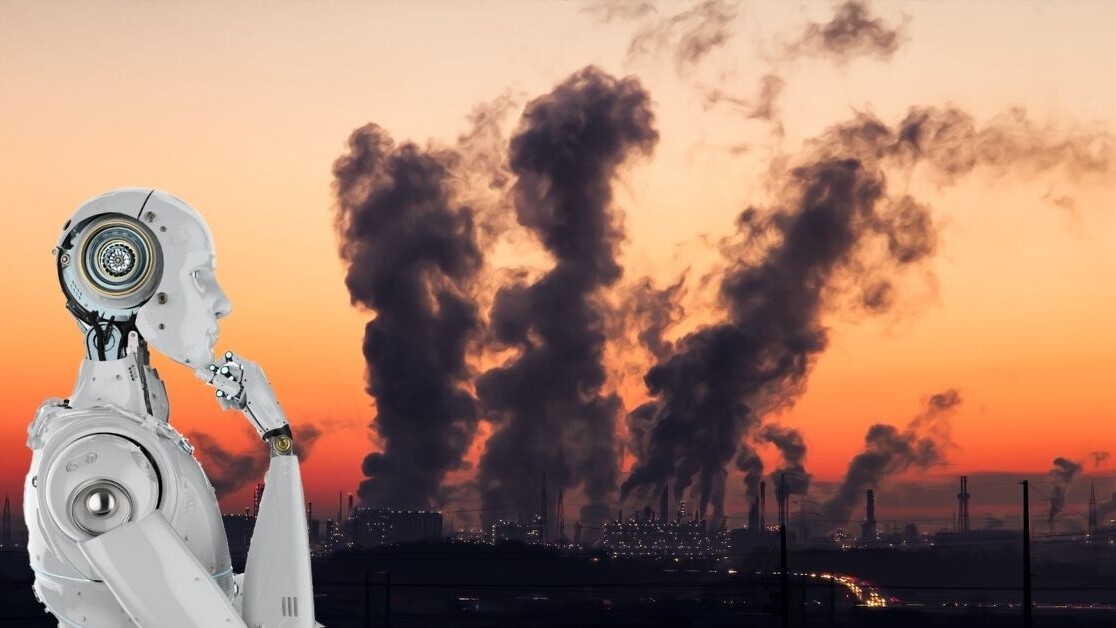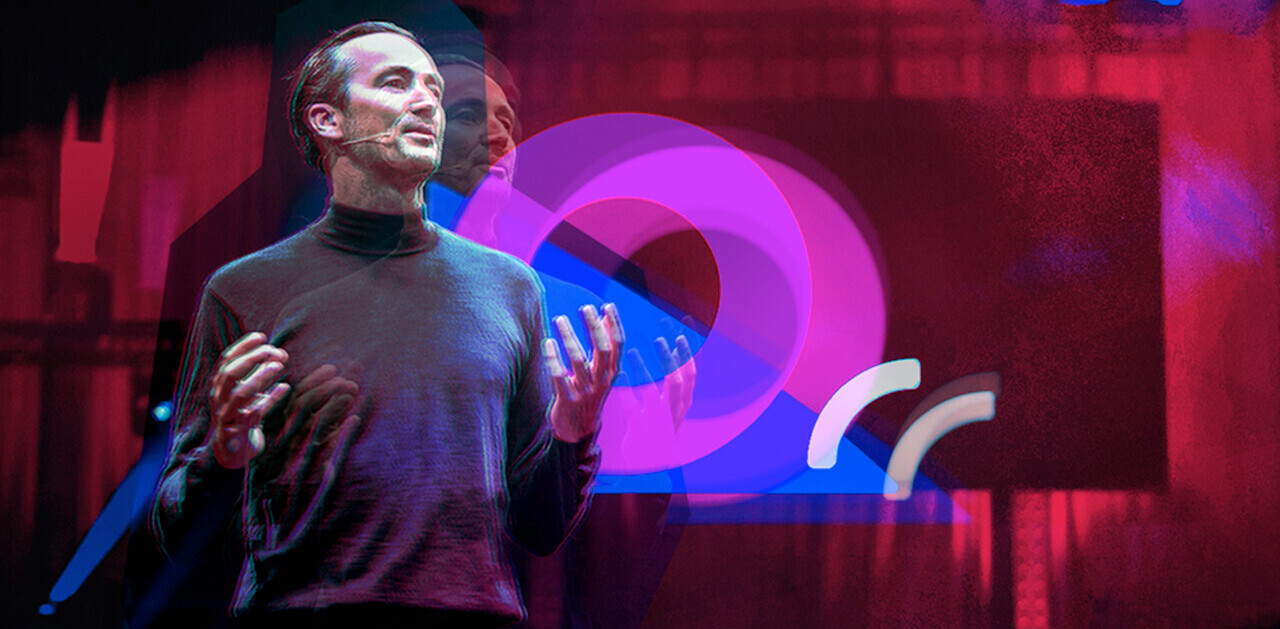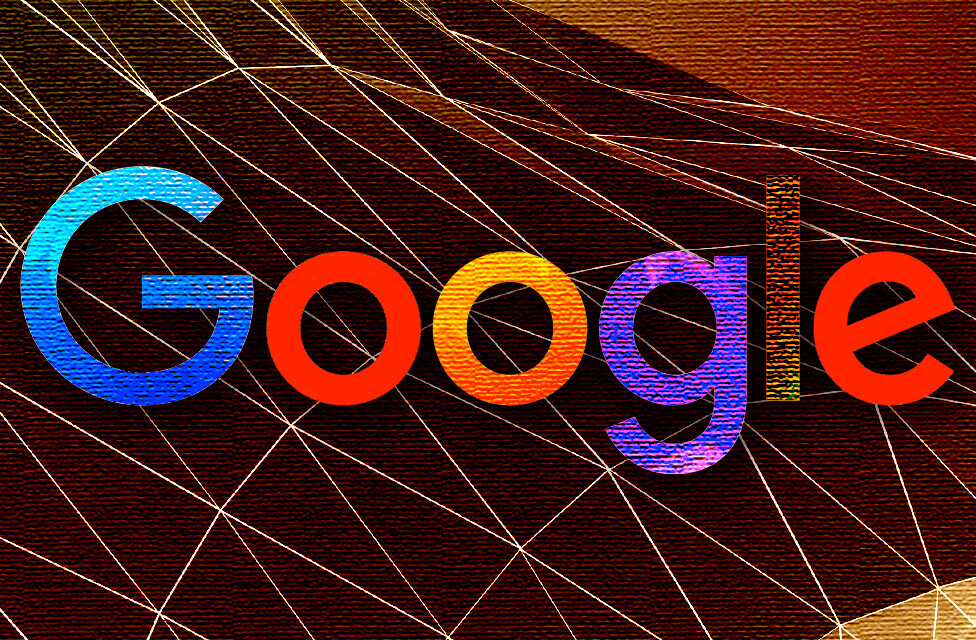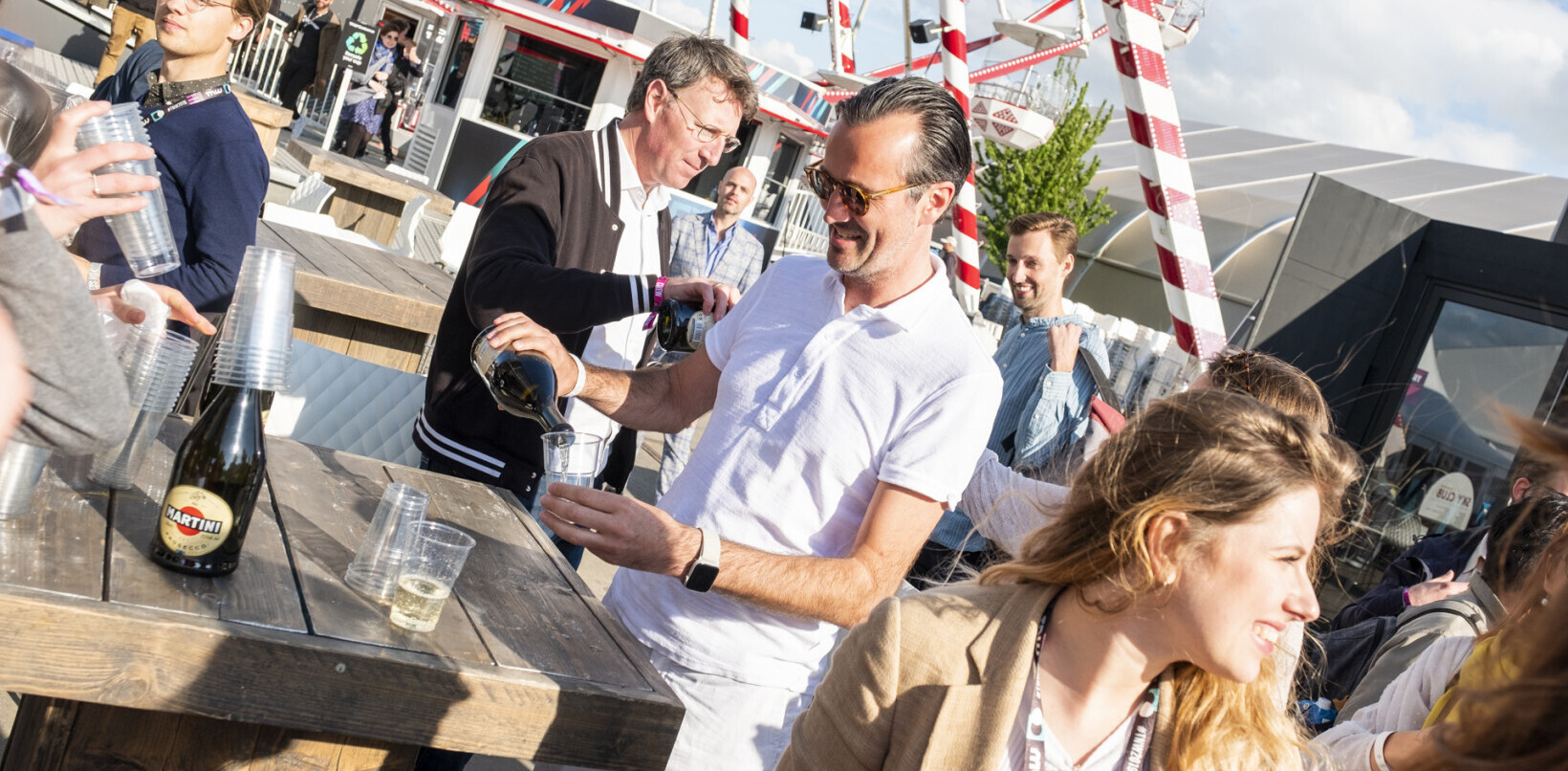
This year’s Startup Games event, from Germany’s Digital Hub Initiative and hosted by TNW, welcomed ten of Germany’s most innovative startups from the network of Digital Hubs to the virtual stage. But only one went home (well, stayed at home) with the title and the coveted golden gnome.
As part of an initiative to showcase the best of the best from Germany’s startup ecosystem, the competition was fierce including up and comers: Evertracker, Cliniserve, Idee, Breeze Technologies, Bdeo, Emmora, ChargeX, mentalis, Virtonomy.io, and Sensry. Meanwhile, the jury consisted of five top investors from around the globe looking to find the next big name in tech.
So with chat boxes buzzing and volume controls adjusting, the final winner was… Hamburg-based Breeze Technologies. Aside from the gnome, the startup will receive mentoring from top tech experts, be matched with a global investor, and receive tickets to the next TNW Conference.
But just what was it about Breeze Technologies that impressed our panel of investors?
We spoke with CEO Robert Heinecke to find out.
It all started in Istanbul
In 2014, Heinecke was living and working in Istanbul. As he recalled, some days the air pollution was so bad he couldn’t even see the other side of the street. He had never experienced such extreme air quality issues before. Curious by nature, he dug deeper into what kind of data and action plan the city had in place. What he found was that Istanbul, along with most cities across the globe, was still using big bulky monitoring stations from the 60s or 70s.
Because they’re so big and cost up to a million euros each, cities can only afford a limited amount of them — his home city of Hamburg, for example, only had 15. Not to mention the fact that the data being extracted from these stations didn’t go deep enough to provide actionable insights.
And the stakes are higher than many realize. According to the WHO, around 7 million people die every year from diseases caused or exacerbated by exposure to fine particles in polluted air.
“One of the main problems is that on a death certificate it will never say: ‘cause of death: air pollution.’ Instead it’ll say: ‘cause of death: asthma, or lung disease, or heart attack, or stroke.’ But all of these have been linked by scientific studies to air pollution. So the likelihood of dying of any of them is much higher when you’re living in a polluted area,” Heinecke said.
With such a serious challenge facing the world, he was shocked to see the outdated tech being used to monitor the situation.
“Technology has come so far nowadays, we have IoT, machine learning, AI. I thought: ‘why can’t we use these to help cities tackle the air pollution problem?’”
Leveraging emerging tech to clean up our cities
Breeze Technologies is now on a mission to make cities and communities more liveable by applying new technologies like IoT, AI, and big data in the fight against air pollution.
“We digitize and automize the value chain of air quality management, measurement, and improvement for our clients,” Heinecke explained.
The sensors they’ve developed are set to measure air quality in urban areas, corporate offices, and industrial sites.
The best part is, their solution provides better quality data at a price point that’s roughly 1000 times cheaper than legacy air monitoring systems. Plus the sensors are only a fraction of the size, making them easy to mount on a wall or street light.
Just how did they create a product that’s more efficient, affordable, and compact?
Instead of creating a vast hardware-based system, they’ve moved the complexity from the sensor to the cloud, where they can use algorithms and machine learning to conduct plausibility checks, data calibration, management, retention, etc. in real-time. This allows them to get more accurate data, without the bulky monitoring system.
This also means they can go beyond simply providing raw air quality data and also include clean air actions clients can take to improve the air quality in their city, building, or industrial site.
Solutions can be grouped into two sections:
- Preventive: For example, modernizing public transport with electric bus fleets, optimizing traffic regulations, or introducing bike-sharing schemes
- Reactive: Like introducing demand-based street cleaning, putting up algae walls, or photocatalytic solutions for roads and pavements
“A lot of the effort that needs to be done is simply showing people the data, explaining why it’s necessary, and what needs to be done. This is really a catalyst for bringing change,” Heinecke told TNW.
Combining all the data from different clients can also help to provide even better recommendations based on best practices and examples that showed results in similar conditions.
Breeze Technologies has also started a partnership program inviting startups with clean air solutions to sign up and work with them on action strategies for their clients.
Generating self-funded air quality systems
At the moment, their main clients include cities like Neckarsulm, governmental projects, like ones they’re conducting with the Department of Homeland Security, and large corporate offices. But their future goals aren’t necessarily focused on gaining larger contracts with bigger clients.
“One of the challenges is that cities are critically underfunded. Right now we’re relying on cities to purchase our sensor network but the ideal we would like to get to is for the air quality sensors to actually finance themselves by selling air quality data to solution companies like Runtastic. Then we can generate a revenue stream for the city that finances the monitoring network, ideally with extra room to fund some clean action initiatives.”
“But we need a big enough data pool. What we’re trying to do now is more capacity building. We believe, once you have more data on a certain location, it suddenly becomes more attractive for everyone to use. Then smaller companies, like running apps or real estate agencies, will want to integrate environmental data into their solutions,” Heinecke explained.
Putting air quality data into the hands of citizens
Ever wondered how the air quality checks out in your neighborhood? This is where the Breeze Citizen Portal comes into play. Through their free public portal, ordinary citizens can access comprehensive and hyperlocal air quality data.
This means that if you’re looking to buy an apartment, you can use the data to search areas with the best air quality. If you’re a runner, you can use the info to plan the healthiest running route based on your location.
“This is where the highest impact is starting to happen. When you suddenly empower families, elderly people, or even people out on their daily run to protect themselves from air pollution,” Heinecke said.
Breeze Technologies took the first steps in this direction a couple of weeks ago when they announced a new strategic partnership with Proximi.io. This new project will enable users to plan the best walking route based on air quality data. The beta is set to launch later this year in Hamburg.
It’s not enough to have local governments interested in learning from air quality data. Once citizens have access to the data they can also make more conscious choices and take a more active role in preventing air pollution.
The future
The rise of COVID-19 has moved the discussion of air pollution forward as speculation around a possible link between the spread of the virus and air quality remain uncertain. According to Heinecke, “We’ve definitely had a much higher interest in our solution and had more city officials and representatives from private companies coming to us.”
Whether there is a link or not, what we can say is that many cities felt the effects of improved air conditions during lockdown. Breeze Technologies sensors, for example, detected significant improvements in air quality in the city of Munich during those months. But they’re already seeing a reversal of these positive changes. There’s no better time than now to begin tackling air pollution and perhaps Breeze Technologies’ big win at the Startup Games is a sign of new changes to come.
“I believe the future of air quality management will be data-driven. But, in the end, it will also need to be a collaborative effort between startups, corporates, cities, NGOs, and scientific institutions that come together to find solutions. I think we can only solve situations like air pollution and climate change by bringing together as many actors as possible and forming a common vision,” Heinecke said.
Get the TNW newsletter
Get the most important tech news in your inbox each week.






